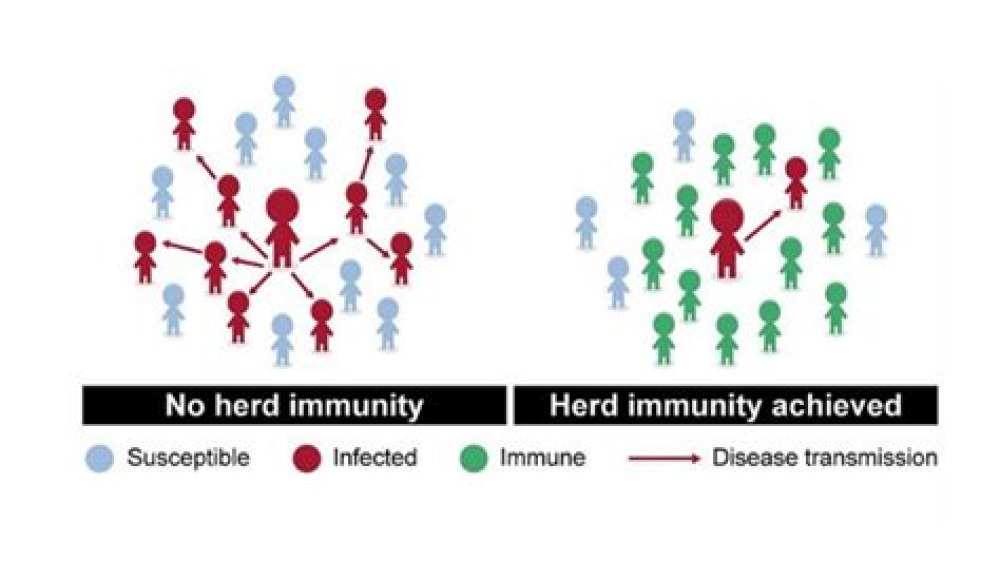Authors: Gemma E Hartley 1, Emily S J Edwards 1, Pei M Aui 1, Nirupama Varese 1 2, Stephanie Stojanovic 3, James McMahon 4 5, Anton Y Peleg 4 6, Irene Boo 7, Heidi E Drummer 7 8 9, P Mark Hogarth 1 10 11, Robyn E O’Hehir 1 2 3, Menno C van Zelm 12 2
Abstract
Lasting immunity following SARS-CoV-2 infection is questioned because serum antibodies decline in convalescence. However, functional immunity is mediated by long-lived memory T and B (Bmem) cells. Therefore, we generated fluorescently-labeled tetramers of the spike receptor binding domain (RBD) and nucleocapsid protein (NCP) to determine the longevity and immunophenotype of SARS-CoV-2-specific Bmem cells in COVID-19 patients. A total of 36 blood samples were obtained from 25 COVID-19 patients between 4 and 242 days post-symptom onset including 11 paired samples. While serum IgG to RBD and NCP was identified in all patients, antibody levels began declining at 20 days post-symptom onset. RBD- and NCP-specific Bmem cells predominantly expressed IgM+ or IgG1+ and continued to rise until 150 days. RBD-specific IgG+ Bmem were predominantly CD27+, and numbers significantly correlated with circulating follicular helper T cell numbers. Thus, the SARS-CoV-2 antibody response contracts in convalescence with persistence of RBD- and NCP-specific Bmem cells. Flow cytometric detection of SARS-CoV-2-specific Bmem cells enables detection of long-term immune memory following infection or vaccination for COVID-19.
Copyright © 2020, American Association for the Advancement of Science.
For More Information: https://pubmed.ncbi.nlm.nih.gov/33443036/
